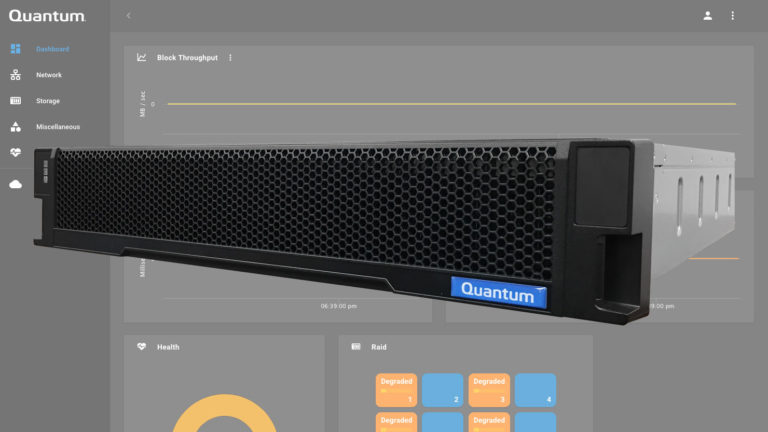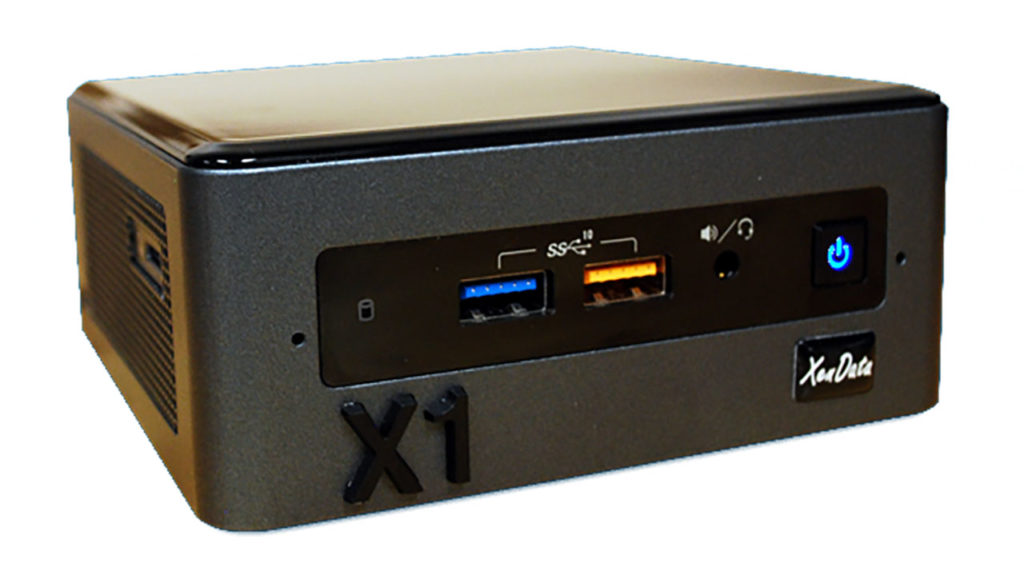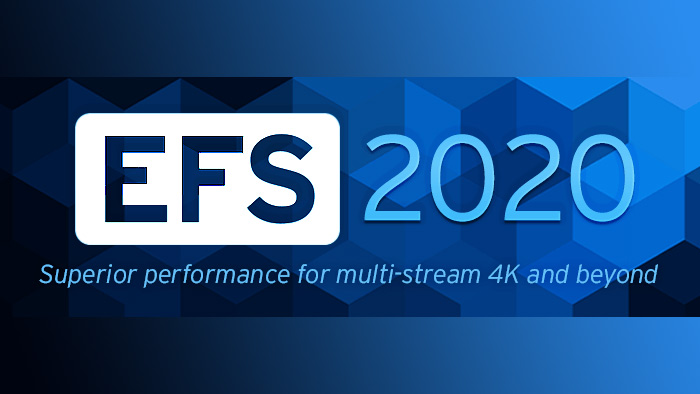
The other shoe dropped on the Thunderbolt front today as Intel used the Intel Developer Forum (IDF) in San Francisco to demonstrate the high-speed I/O protocol running on a Windows 7-based Ultrabook prototype. Molly Eden, Intel’s VP and general manager for the PC client group, used Thunderbolt as part of a keynote pitch for Ultrabooks, a catch-all term for an upcoming breed of notebook computer (Intel uses the term mobile device) that seems to take its inspiration from the ultralight but generously powered MacBook Air.
Intel’s official press statement doesn’t mention any names, but reports from the IDF indicate that Acer and Asustek Computer committed to building Thunderbolt into PCs running Windows.
The future suddenly looks a lot more bright for Thunderbolt. Macs are great (no matter what you think of FCPX), but the use of the protocol across both Mac and PC platforms seems to ensure that more time and energy will go into developing innovative gear that fully exploits the technology.
How successful has Thunderbolt been to date? No numbers have been announced, but Promise Technology claims its Pegasus line up of RAID systems for the Mac has enjoyed “record-breaking demand,” as has its new SANLink Thunderbolt-enabled Fibre Channel adapter, announced at IBC last week. “We have never seen such an instant and overwhelming demand,” said company CMO Alice Chang.
And this announcement slipped under our radar in the flurry of pre-IBC news last week, but Magma (San Diego, CA) introduced the ExpressBox 3T, a three-PCIe-slot expansion chassis that connects via Thunderbolt and allows you to plug in expansion cards to make your notebook perform more like a workstation. Magma didn’t say when or how much, but potential users can sign up to be notified when it’s available.
Did you enjoy this article? Sign up to receive the StudioDaily Fix eletter containing the latest stories, including news, videos, interviews, reviews and more.









